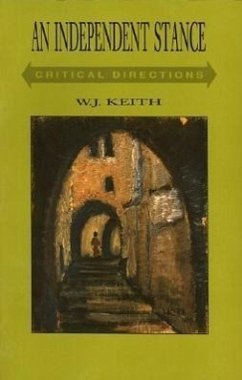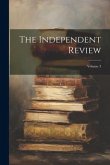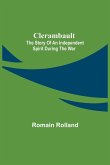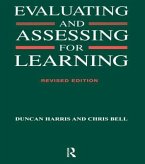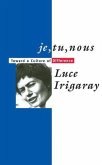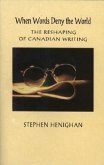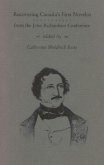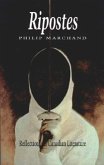Part One of this strongly worded, informed, and wide-ranging collection examines key issues for the future of Canadian criticism. Part Two offers new readings of important works by Grove, Wilson, MacLennan, Davies, Laurence, Hood, Wiebe, Hodgins, and Atwood. As W.J. Keith argues, We still have a mission: to have our literature recognized as an essential reflection of our national life. This is what I mean by retrenchment and consolidation. Literature can survive without literary criticism but it cannot survive if it is unknown and unread. It is criticism's prime function at the present time to see that it is both known and read with that mature enjoyment which is a combination of emotional sensitivity and humane intelligence. As critics, scholars, editors, we shall not be fulfilling our responsibilities or justifying our existence if we attempt anything less.' Or as Keith modestly observes in his introduction to this collection, If this book is of any interest, it will be because Canadian literature is an important subject. Literary commentators like myself are middle-men, and should be prepared to admit the fact. If this book succeeds in helping readers to appreciate the works of Canadian writers that I discuss, and to derive increased pleasure and insight from them, it will have served its purpose. I can see no other justification for it -- or for any other work of criticism.'
Hinweis: Dieser Artikel kann nur an eine deutsche Lieferadresse ausgeliefert werden.
Hinweis: Dieser Artikel kann nur an eine deutsche Lieferadresse ausgeliefert werden.

